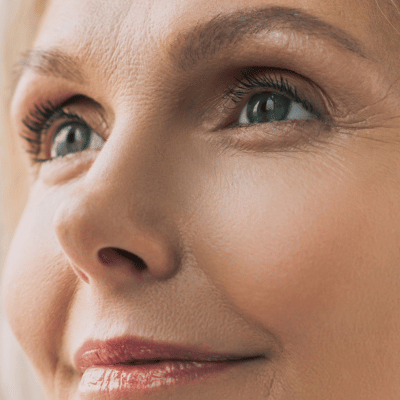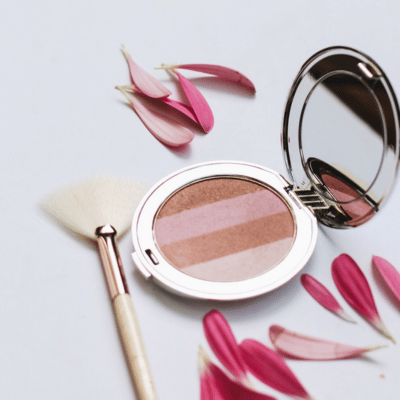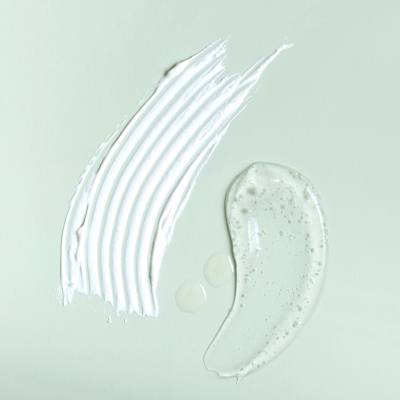4 SUNSCREEN FACTS THAT YOU NEED TO KNOW
With 90% of Ageing occurring from UV exposure I thought I would share these important sunscreen facts with you!
Sunscreen Fact #1
1. SPF stands for Sun Protection Factor, it is a measure of how well the sunscreen deflects UVB rays NOT UVA and how much protection it provides against making us pink and burnt. UVB is the shorter rays that give us our tan, colour and the unfortunate red burnt look. UVA is a longer wavelength and is the dark horse, as you don't feel the effects of UVA penetrating the skin and breaking down our collagen. UVA is the primary cause of premature ageing, one of the most important sunscreen facts we should be aware of is making sure our sunscreen is a broad-spectrum sunscreen, meaning we are protected from both UVA and UVB rays.

Sunscreen Fact #2
2. SPF is based on how long the skin takes to burn without sunscreen application. A higher SPF doesn't mean you have more UV protection, it just gives you a longer period of time that the ingredients absorb rays. They still may absorb the same amount of rays, just give you a longer time frame of protection. An extremely important sunscreen fact as many feel they are getting better protected when using a higher SPF.
Sunscreen Fact #3
3. You are only protected 4% MORE by using a SPF 50 than a SPF 15!! The FDA in the U.S is contemplating capping SPF at 50 as these higher ratings give the consumer a false sense of security that they are better protected. So for eg if you are using a SPF 50 chemical sunscreen that is not a broad spectrum then remember you have NO UVA protection. You are sending your collagen matrix to its peril with every absorption of rays your body receives.
Sunscreen Fact #4
Get to know your ingredients:
A Chemical sunscreen will have ingredients such as oxybenzone, avobenzone and octyl methoxycinnamate. These ingredients absorb the UV rays and neutralize them. You must apply a chemical sunscreen 30 minutes before sun exposure, this style is best for swimming or heavy exercise. Chemical sunscreens will produce free radicals in the skin (not a friend in the battle against ageing!!) If you suffer from breakouts this style is not the best for you as it can irritate the skin and clog the pores.
A mineral or physical sunscreen deflects the rays at the onset of application. Look for ingredients such as zinc oxide and titanium dioxide. Zinc Oxide protects the skin from both UVA and UVB. You cannot swim or sweat a lot as the sunscreen will come off. MIneral sunscreens do not produce free radicals in the skin.
I personally love our Zinky Moisturiser with Zinc Oxide for my everyday use. Another popular option is the Colorescience Face Shield. These are both lightweight and don't clog your pores. Both of these don't leave a white cast on the skin and are beautifully nourishing and smell divine. On the Body I am using and loving the EcoTan Rosehip Natural Sunscreen.
Not sure which products are right for you?
Be rewarded with our Skin Lovers exclusive member discounts, promotions, gift with purchase, competitions, and sales.
Join our members area.








 Webential
Webential